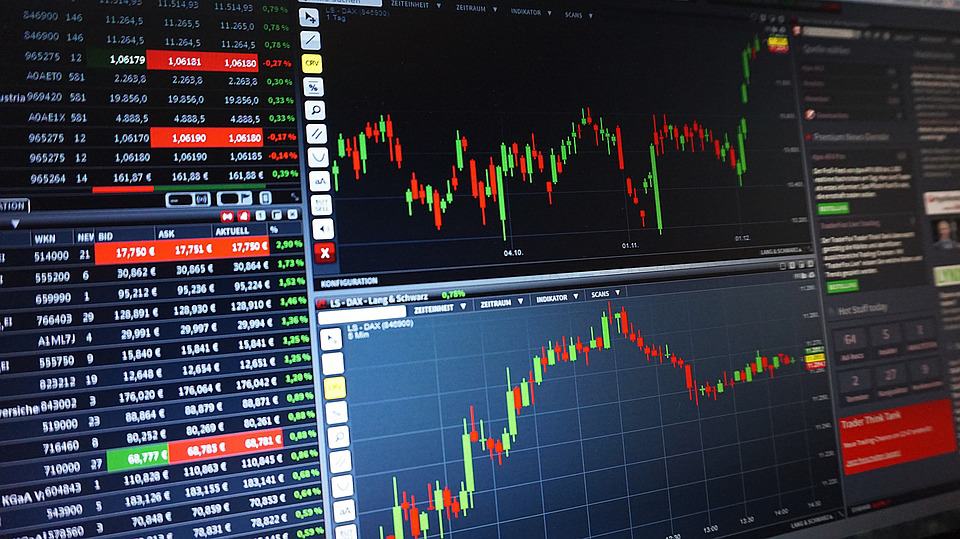Commonly abbreviated as “sterling,” the British pound sterling is a major international trade currency. One way to look at Britain’s illustrious past is through its currency, the pound. The numerous variables impacting the British economy cause the pound’s value to change. For UK forex traders, this volatility means both danger and opportunity, so they need to be alert and flexible all the time.
The “volatility” of a currency’s value over a certain time frame is its degree of fluctuation. Despite the pejorative association with volatility due to its intrinsic unpredictability, volatility is what enables trading to take place. This market volatility presents an opportunity for investors to profit on price changes. Yet, if you aren’t knowledgeable, the same amount of uncertainty could wind up costing you a pretty penny.
The pound’s value has taken a major hit due to recent political developments. This was demonstrated by the decision to withdraw from the European Union. The value of the pound fluctuated greatly as speculation spread that Britain may leave the EU. The protracted negotiating process that has taken place since the referendum and the uncertainty surrounding the UK’s economic future outside the EU have both played a role in these variations. These occurrences are a stark reminder that political events, particularly those with large-scale economic implications, can significantly and persistently impact a country’s currency value.
Economic data adds still another degree of unpredictability. Every month, the UK economy releases crucial data that analysts use to see patterns and make predictions. If forecasts don’t match up with reality, the value of the pound can fluctuate wildly. For example, the currency may benefit if economic data is stronger than anticipated and the economy is booming. But unexpected market movements or bad economic news might bring things down.
However, international and domestic factors also impact the foreign exchange market. Due to its interconnected nature, the global economy is always vulnerable to outside influences. The actions of big central banks, worldwide geopolitical tensions, and economic statements from big forex trading partners are just a few of the potential variables that could affect the direction sterling takes. So, it’s not enough for entrepreneurs to learn about diverse cultures; they also need to be able to put the stories they hear into context.
Given the complexity of the situation, how does one navigate it? Thorough research is the initial stage. In order to be prepared for possible spikes in volatility, traders could benefit from keeping up with global events, economic calendars, and political happenings. One example of a technical innovation that can be used to take advantage of fleeting opportunities that humans might overlook is automated forex trading systems and algorithms. Investors may employ computerized trading systems that are pre-programmed to execute trades according to predetermined criteria in an effort to capitalize on market fluctuations.
Vulnerable situations also highlight the importance of risk management. When markets are falling fast, stop-loss orders can assist you limit your losses by selling currency at a certain price. But once the value of a currency reaches a certain level, you can lock in your winnings with take-profit orders. Both of these strategies, when applied properly, can provide traders a fighting chance in the volatile foreign exchange market.
Volatility, albeit disturbing, is a sign of well-being. This demonstrates how economies around the globe are always changing to fit their specific circumstances. Those who trade foreign exchange in the UK should weigh the pros and downsides of the currency’s riskiness. A masterful tango of logic, strategy, and intuition is required for volatility control. But for traders who can get a feel for the ebb and flow of the pound, it can be a smorgasbord of chances.



